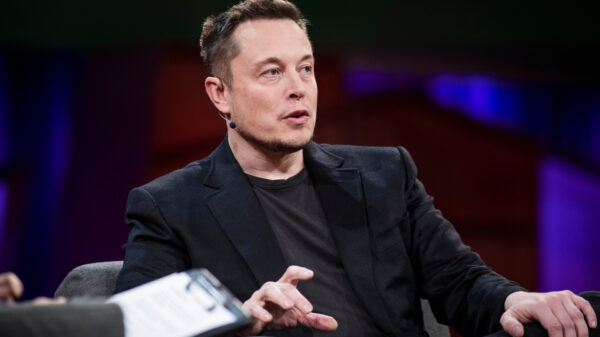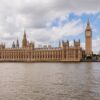Roar Writer Samuel Pennifold on how Universal Basic Income could be the key to economic recovery after the COVID-19 pandemic.
What is that one thing that unites Thomas Payne, Martin Luther King Jr., and Milton Friedman? A belief in the benefits of Universal Basic Income. Free money for everyone, everywhere. Universal Basic Income, or UBI, holds the answer to helping reduce the damage of what many economists have forecasted as the worst economic crash in 300 years.
Universal Basic Income, in its simplest form, is free money. It’s a regular financial stipend, given monthly to everyone regardless of gender, age, employment status, income, race, or any other factor.
Recipients are then free to spend this money however they choose. Some would spend it on education, food, or housing, while others would save it for their housing deposits. No matter what, though, you do not lose your right to it.
The essential aim of UBI is to increase people’s standard of living and, quite simply, it works. In a recent Finnish study, where 2000 people randomly received the equivalent of £500 a month, the recipients all saw a measurable increase in quality of life.
This reflects the findings of various studies that have also seen – less infant mortality, lower health care costs, lower crime rates, better academic achievement, less truancy, higher economic growth, better emancipation rates, to name but a few positive social outcomes of a Universal Basic Income.
It is a fact that people will, unfortunately, lose their job as a result of COVID-19. But this measure would allow these people to continue to live a life, altered but still with quality and above poverty, as well as allowing these people to be more economically active than just living off of welfare. This will help to stave off the economic crisis to come and should outlast it as well.
Universal Basic Income is not a new idea. It is rather a very old one that comes with some very old criticisms. One is that, while it seems like a good idea, ‘how on earth would you pay for it?’ The answer can be three-fold.
First, to refer to the Finnish study directly, though these findings are reoccurring, the receipts of the grant had a higher employment rate than the control group without. Building on this, a Universal Basic Income scheme would reduce the need for a welfare system for the unemployed over time, as well as saving costs in health care, policing, and incarceration. Other measures such as a carbon tax could help fund such a scheme.
Another issue often raised by many people is that it would stop people from working. This has very little basis in any study. In 2009, a homeless charity launched a pilot scheme giving 13 men who lived rough in the City of London £3,000 and were told to spend it however they like.
Some people will tell you that they’d go out and spend it all on drugs and alcohol. Those people would be wrong. On average the men had only spent £800 after one year. After six more months 7 were in housing and 2 in their own apartments after finding work.
Normally these men would have cost the taxpayer roughly £400,000. The cost to the charity including the wages of its staff? Just over £50,000. This fundamentally undermines these arguments.
Robert Allen, an economic historian from Oxford University, has found consistent evidence throughout history that high wages lead to economic growth, whereas just about living at a subsistence level slows it down. Universal Basic Income would have the same effect where it has been studied and piloted; it is the answer to the coming economic crash.
Let us not forget either that this is not a radically liberal or leftist idea. In fact, Richard Nixon – the boogie man of the left – first put forward a Universal Basic Income bill in the 70s that passed the U.S. House of Representatives, but was shot down in the Senate.
It is an idea that can truly reignite some bipartisanship in a world where it crumbles more and more every day. Over 100 British opposition MPs such as Ed Davies, the acting head of the Liberal Democrats, recently signed an open letter calling for a Universal Basic Income scheme as the current Furlough schemes start to be wound down.
A YouGov poll showed Universal Basic Income to have a 51% support rate – enough for a national mandate, as we know all too well. Though despite this, Rishi Sunak and Keir Starmer have both rejected such an idea. In these unprecedented times, we need radical thinking and radical changes. This scheme is the change we need to save our economy.
















